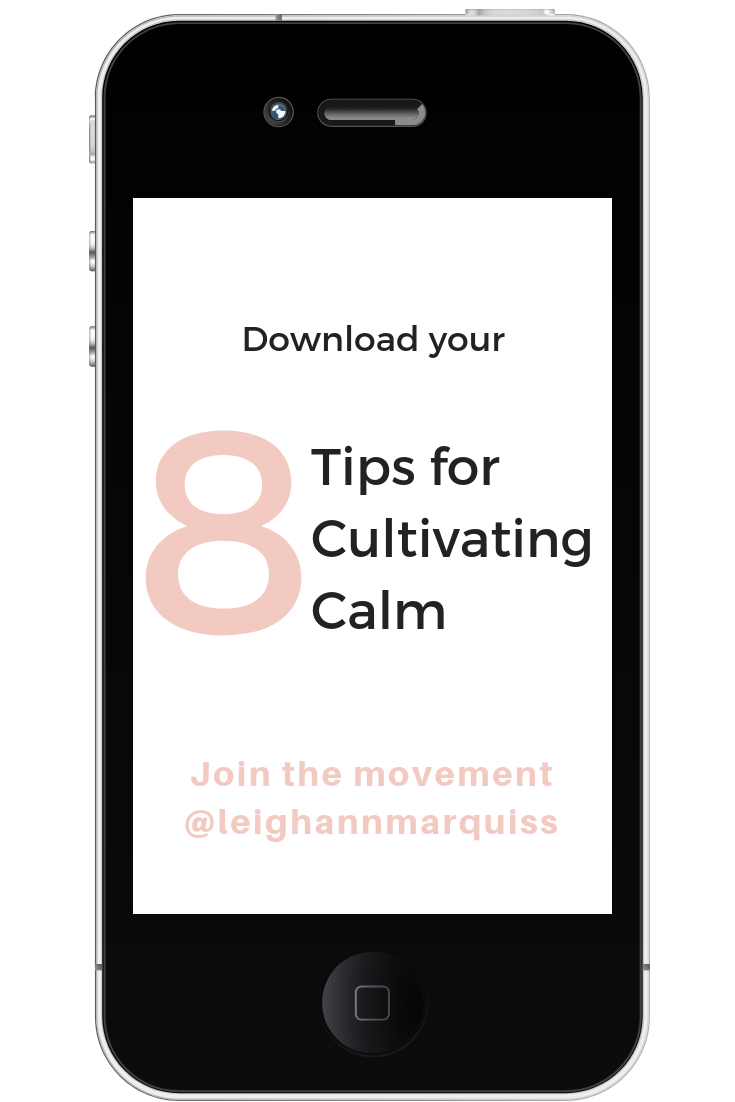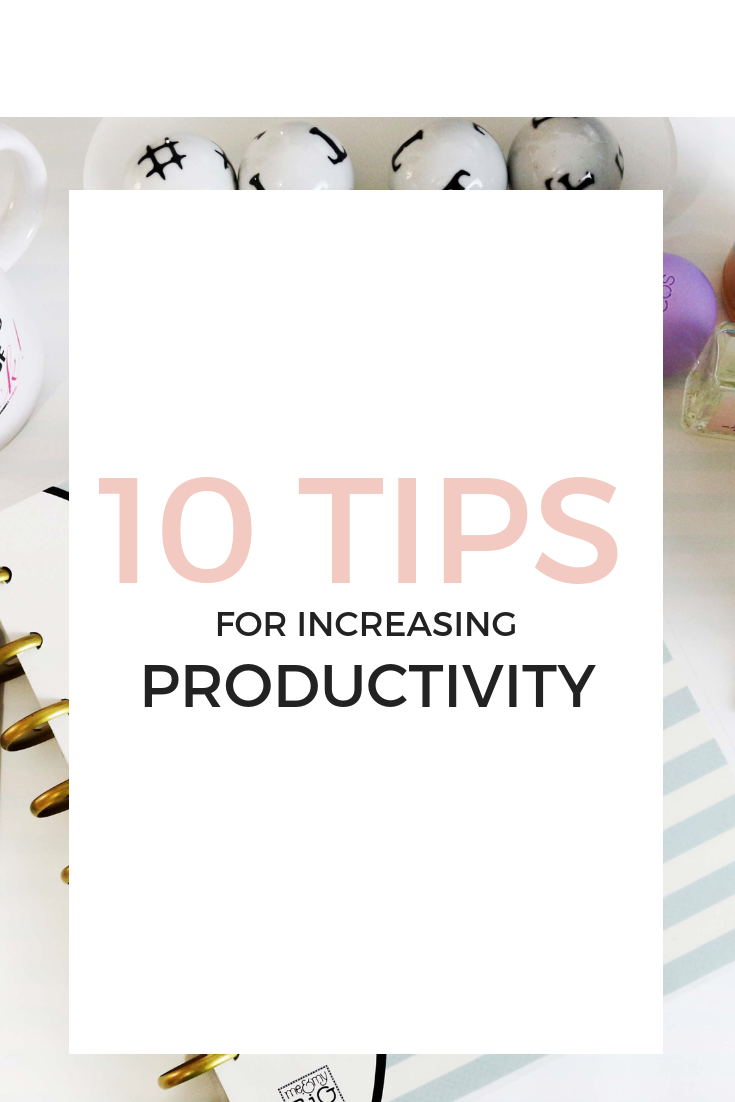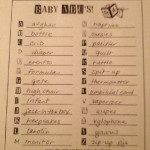A reader recently emailed me and asked me some tips on long-term breast pumping. I thought I would share what I learned during the year I pump exclusively while Ryan was an infant for anyone who might be facing the need for long-term pumping. Here is my list of tips.
1. Use a hospital grade pump
An infant’s suck is extremely strong so using a pump that is the step below hospital grade is necessary to stimulate your milk glands to continue producing milk. A hospital grade pump is even better.
2. Get a nursing bra
This one has nothing to do with milk stimulation, but will help tremendously with posture, back pain and having your hands tied up holding the pump cups. I was able to blog, read, do bills, make cookies, drive…. the list goes on and on… while pumping. It made it so I wasn’t sitting doing nothing six times a day for 20 minutes.
3. Pump up to 8 times a day, 2-3 hours apart.
In the first four weeks of nursing, your body is producing a hormone called prolactin that stimulates milk production every time you nurse. The more you nurse, the more prolactin you produce. Once your milk supply is established in the first month, you will not be able to produce much more milk…. there are some tricks, but mostly, your nursing pattern in the beginning sets the tone for the ensuing months.
4. Rest
After telling you to pump around the clock, it seems hypocritial to tell you to sleep well. But rest is necessary for your body to produce milk. I pumped around the clock the first week of Ryan’s life, then needed rest. I decided to see what would happen if I stopped nursing in the middle of the night. I ended up producing more at the morning feed, missing only an ounce from the sum of the night feeds. So I made the decision to sleep through the night. I suggest pumping in the night as long as you are able…. and then cutting out that feed to see what happens. After the first four weeks, it may not be as important to pump around the clock. This is something you have to decide. If you are able, takes naps during the day to help prevent fatigue.
5. Drink lots of water.
You need a lot of liquid to keep yourself hydrated. We kept a case of water in Ryan’s hospital room to make it easier for me to keep my water intake up.
6. Eat enough calories.
Breastfeeding requires an extra 500 calories per day. While this seems like an excellent time to try and lose weight, it’s not. Eat when you are hungry. Eat nutritious food making sure you get enough calcium, protein, and vitamins. What you put in your body is what will help your baby stay strong. Oh, and eat some chocolate too. Seriously.
7. Be near the baby when you are pumping as much as possible.
The nurses in the hospital recommended this to me. If I was at the hospital, I would sit next to Ryan’s crib talking and touching him just as I would if he were latched to my breast. When away from the hospital, some suggest having a picture of your baby to look at.
8. Pray!
This may sound funny, but I prayed for my milk supply. I didn’t do it all the time, but just a few times during that year. I had supply issues with Ainsley and desperately wanted Ryan to have the benefits of breast milk since he had so much going against him. I don’t know what would’ve happened if I hadn’t prayed, but I was able to decide at a year to wean from pumping.
9. Don’t get discouraged at the beginning.
Perhaps this should be at the beginning of the list, but I’m putting it last so you remember. The first day you start pumping you will only get the tiniest amount of colostrum. It’s literally liquid antibodies and immune boosters so give what you have to your baby. The nurses will use it in the feeding tube.
Similarly, as your milk comes in, you might only get a few cc’s of milk. It’s incredibly discouraging to see and I know for me, I thought, seriously? This is it? How can this make a difference? But the more you pump, the more milk you will produce per sitting. It’s different for everyone, but your supply should increase during the first month or so.
And remember, whatever you are able to provide for your baby will benefit him. Whether you decide to pump for a year, six months, or one month.
And yes, the pump will make your breast sore, just like breast feeding. If you can stick it out for those few days, then you will develop tolerance to the pump.
Okay, that’s what I have. If anyone has anything to ask or add, please do so in the comment section so everyone can benefit from it.

Hi! I’m Leighann. I help busy women go from frazzled to fabulous. I talk about winning imperfectly at life, finding hope in every season, and learning to manage stress while accomplishing your goals. But wait! I have two freebies below – don’t miss out on them – one to cultivate more calm in your life and the other to increase your productivity. Download them now!







Comments (10)
When you pumped at home, did you freeze it or just refrigerate it to take it to the hospital?
I’m hoping that the twins will wait long enough to be born so I can nurse them directly, but if not, this post will be very helpful!
If your babies are in the NICU, the hospital will provide little bottles and labels for you to store and transport milk. Depending on hospital freezer space, you may only be allowed to store a certain amount of milk there. If that is the case (as was ours), I would store the excess in your freezer then take bags of it in to replenish the stock.
Thinking back over it, I think even in the beginning I froze it to keep the nutrients from breaking down.
The only time I didn’t freeze it was when he was home and we were using it real time.
Ryan’s hospital policy was to throw out any breast milk in the fridge over 24 hours. At home, you can keep it in the fridge for up to a week. But if you know you aren’t going to use it right away, the best thing to do is freeze it.
Be sure to date it and put the ounces on the outside. If you are taking it to a hospital, they will want you to sign it too.
And watch the nurses…some of them aren’t as careful with the milk as you want them to be. I always made sure they measured it out and weren’t throwing excess away. If you see it happen, make sure to say something so they know you want them to use exact amounts.
Hope this helps.
Leighann,
This post could NOT be more timely. I’m planning to pump when baby #2 arrives (today is my due date… where are you baby??).
I recall that you LOVED a certain bra for pumping. Can you remind us what that was?
Thanks!
Jill
Jill – Congrats on baby #2!! And yes, baby, where are you?
The pumping bra I have is The Pump Ease Bra. You can purchase it at http://www.pumpease.com
I am not affiliated with them in any way. Just love the product.
Leighann, when my daughter was born (2/28/09), I had huge issues with supply and ran into a friend at Panera bread and starting talking to her about it. Turns out she is related to you (julie J. from Florida) and she told me all about you and your blog and I have been following you ever since!
Oh – and I wish I had read this post way back then. I did bf for 8 months, but had to supplement the entire time. I think the part about what happens in the first month was something lost on me, and my supply never really increased beyond that.
I totally agree about watching the nurses with your milk! I found out that they had been thawing out 8 ounce bottles for my daughter when they only used maybe 4 ounces. This happened for about a month before a nurse who was pumping for her daughter told me. I would have happily brought in smaller individual bags of milk if they had told me about the waste. Ugh! So my tip for the NICU and PICU mommies would be to freeze 2-4 ounce bags to reduce waste. Also I found a heating pad on low helped with my let down reflex while pumping. Crystal in IL
Something I just learned that I wanted to share: Don’t add freshly expressed milk to milk that has been refridgerated. It will spoil the milk!
I purchased a mymilkies.com a couple months ago and learned that from them.
I also have to say for anyone who will be nursing, this is THE best product! I put 30oz. of milk in the freezer in the first month, not including pumped milk!
Leighann, that does help a lot! It gives me some idea of what to expect. Crystal in Il, that’s a great idea to freeze it in small increments. Thank you both!
Of course my goal is NOT to have the babies early (well, “early” is before 38 weeks). To that end, I have hired a great helper during the day and I spend most of the time sitting with my feet up!
Hello everyone! I am an OB/pedi nurse. I had two preemies, one was severe IUGR (intra-uterine growth restriction) and the second was a failure to thrive. My first child spent 19 days in the NICU, and I pumped while he was there. I too didn’t get much initially. When I first had him (for an entire week) I pumped every two hours during the day, and every 3 hours at night. I had an unbelievable supply. I had more than 100oz in my freezer by the time he was 3 wks old, and at that point I was nursing him and then able to supplement with my own breast milk. I nursed him for 13.5 months until I found I was pregnant with number two.
With my daughter, she was a very quick nurser and would nurse for about 10 minutes and then be done. I thought oh well she is getting what she needs, but my supply wasn’t nearly as good beause she was kind of lazy.
I didn’t have a great supply, and so went to a lactation consultant who recommended “mother’s milk tea” which increased my supply. And a friend recommended eating oatmeal, and this also increased the supply. I have a cousin who swore that having one can of beer every other day doubled her supply. Never tried this though LOL
The best bra that I had was at this site: http://www.bravadodesigns.com/
PS: I used a medela pump with my son, and ameda with my daughter, I liked ameda way better:-)
This comment has been removed by a blog administrator.